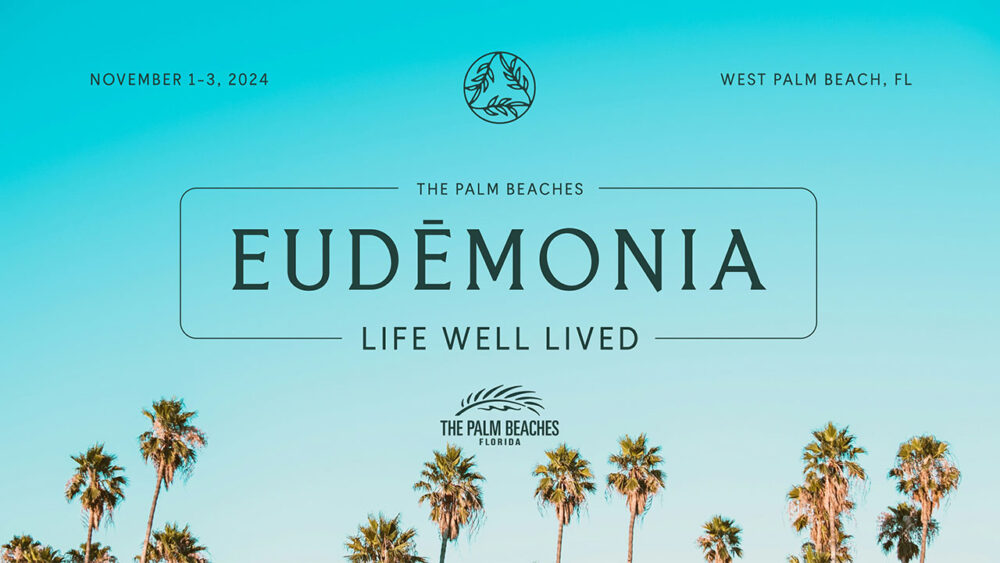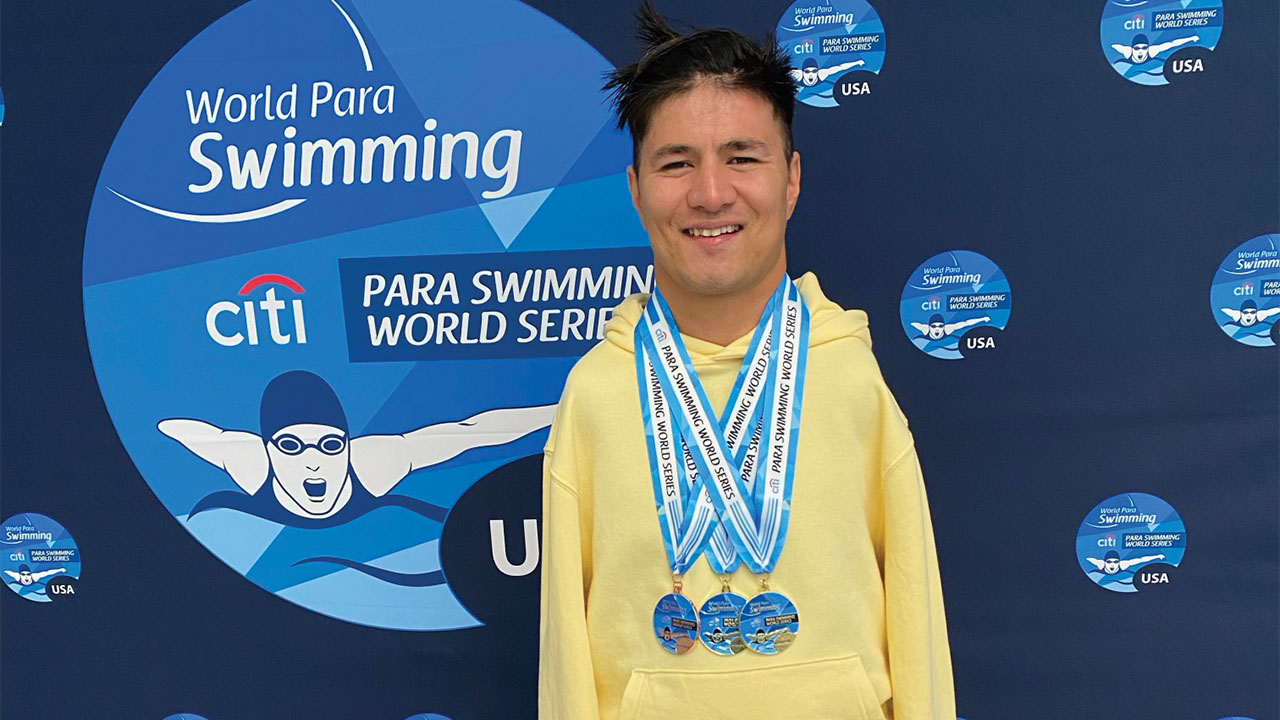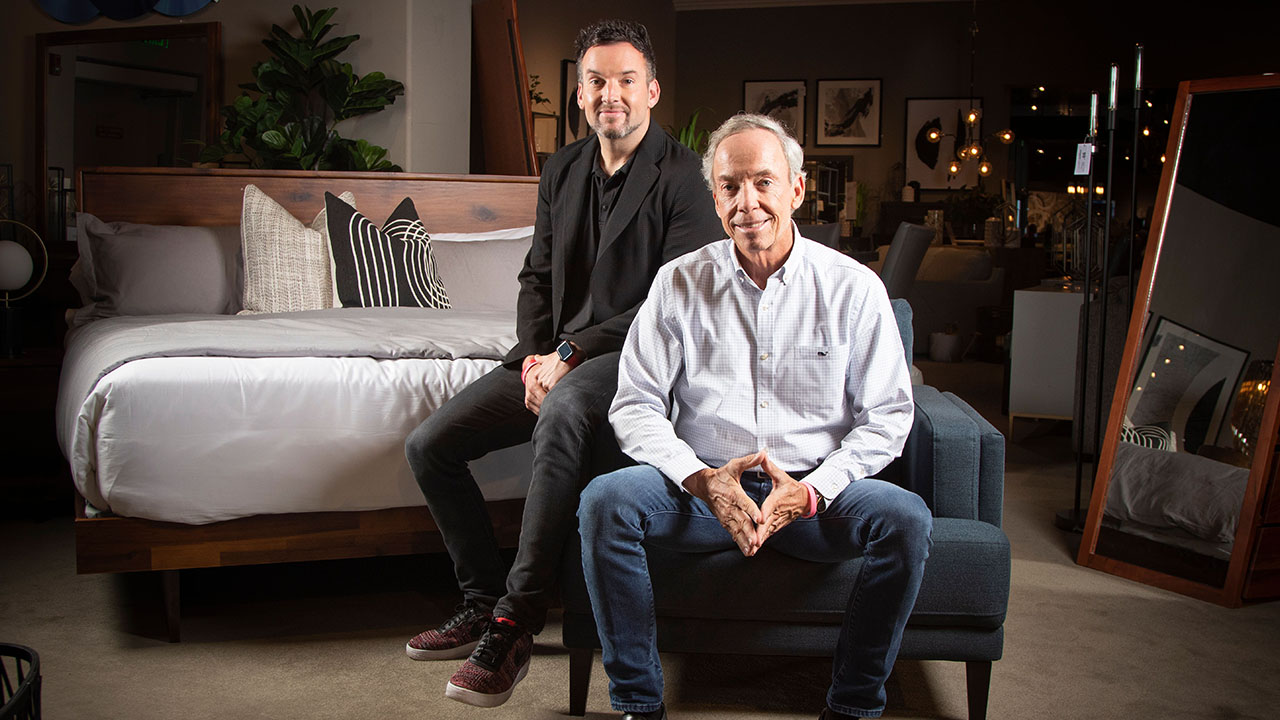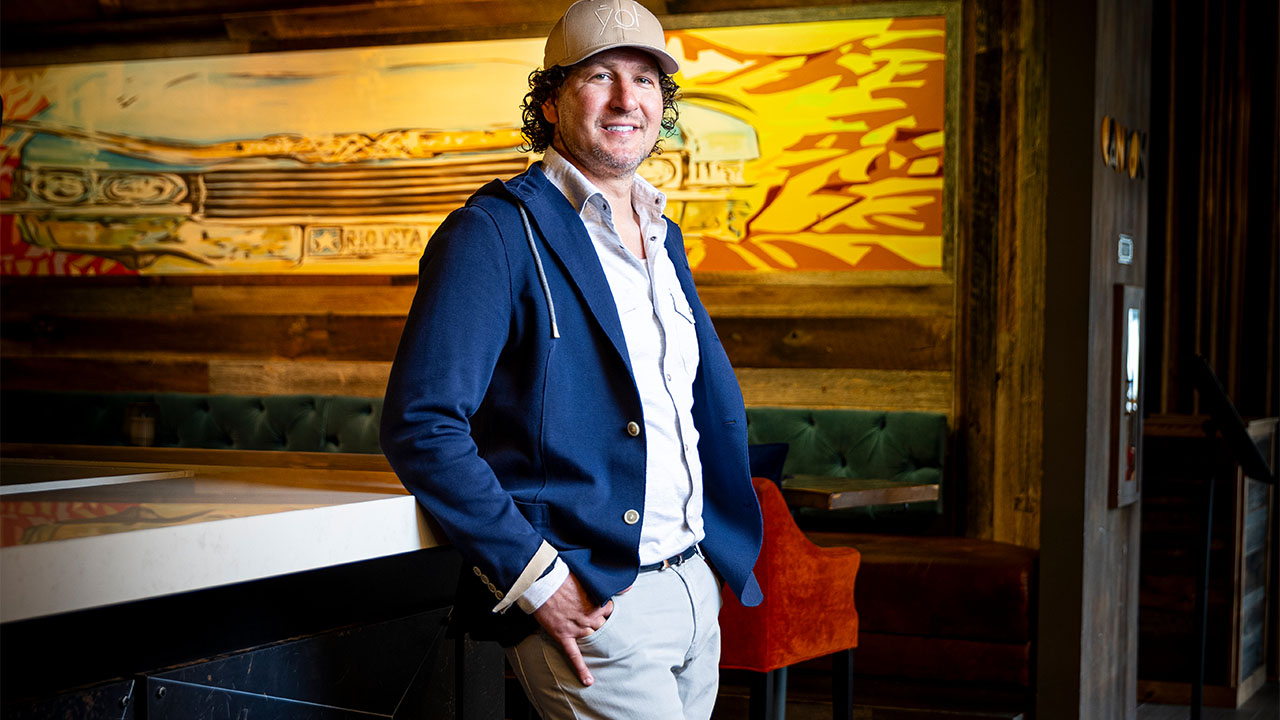What you need to know about water collection
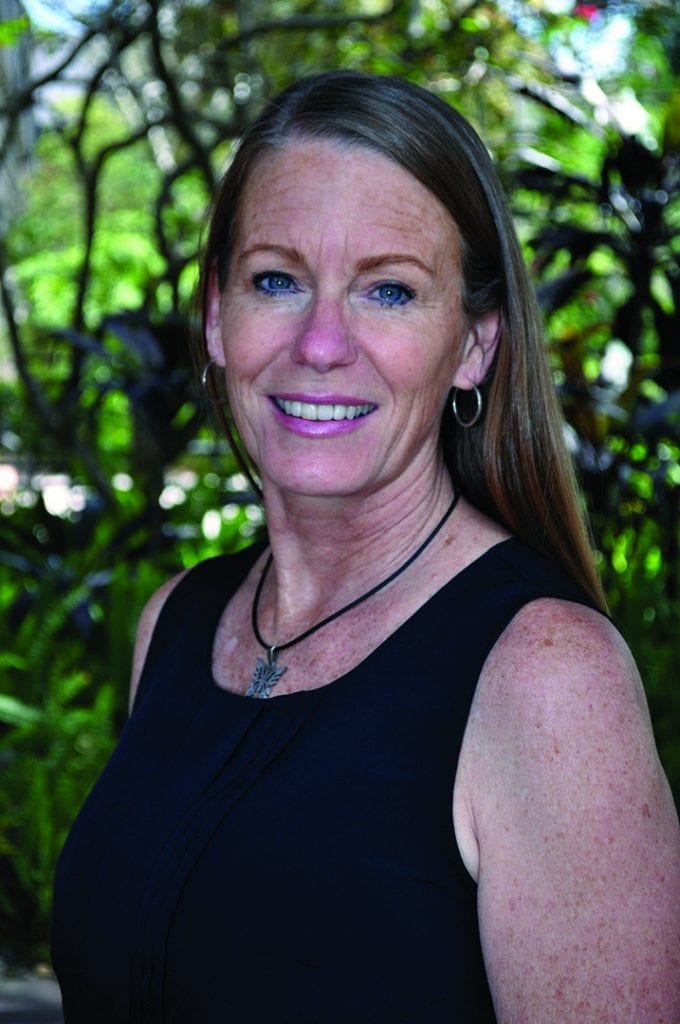
According to Broward County data, water used on our landscapes accounts for half of our household water usage. While a lot of good information about Florida-friendly landscaping and picking the proper plants to minimize irrigation requirements is available on the city’s website (coconutcreek.net), there’s another way to conserve water: water harvesting.
Water harvesting is generally achieved by collecting rainwater from rooftops. The size of the collection container depends on the property owner’s level of commitment. Florida does not allow water collection for human consumption but does allow it to be used for irrigation and other nonpotable uses.
The two terms you’ll most likely hear related to water harvesting are cisterns and rain barrels. In other countries, cisterns are routinely installed during new home construction, but in Florida, they are mostly associated with larger commercial uses. This stormwater management tool not only collects water for use on the site but also helps limit the amount of water that makes its way into the city’s stormwater system. Cisterns reduce the demand on the stormwater collection system, thereby lengthening its life. The harvested water can then be used for irrigation and other “gray water” uses.
Rain barrels are typically used by residents or small businesses. Setting up a rain barrel for water collection is relatively easy with kits available online and at most garden centers. Be sure to comply with your local zoning laws and homeowners associations when planning for your rain barrels. Coconut Creek allows rain barrels for nonpotable use. (As with any stagnant source of water outside, be sure to use a covered rain barrel to avoid mosquito infestation.)
An excellent example is an 8,000-gallon cistern at the University of Florida’s Rinker Hall, which captures rainwater for flushing toilets. The building serves about 1,000 students and faculty a day using less potable water than the average home. Two smaller cisterns on site, sized at 1,500-gallons each, collect water for the rooftop garden.
Several Coconut Creek businesses use cisterns. Some examples:
- American Top Team: 5,100-gallon cistern
- Hampton Inn: 500-gallon cistern
- West Boca Medical Center (Emergency Center at Coconut Creek): Two 1,250-gallon cisterns
- Midtown at MainStreet (planned): 1,500-gallon cistern
start your harvest
For information about water harvesting, visit these websites:
- Broward County: broward.org
- South Florida Water Management District: sfwmd.gov






